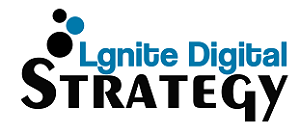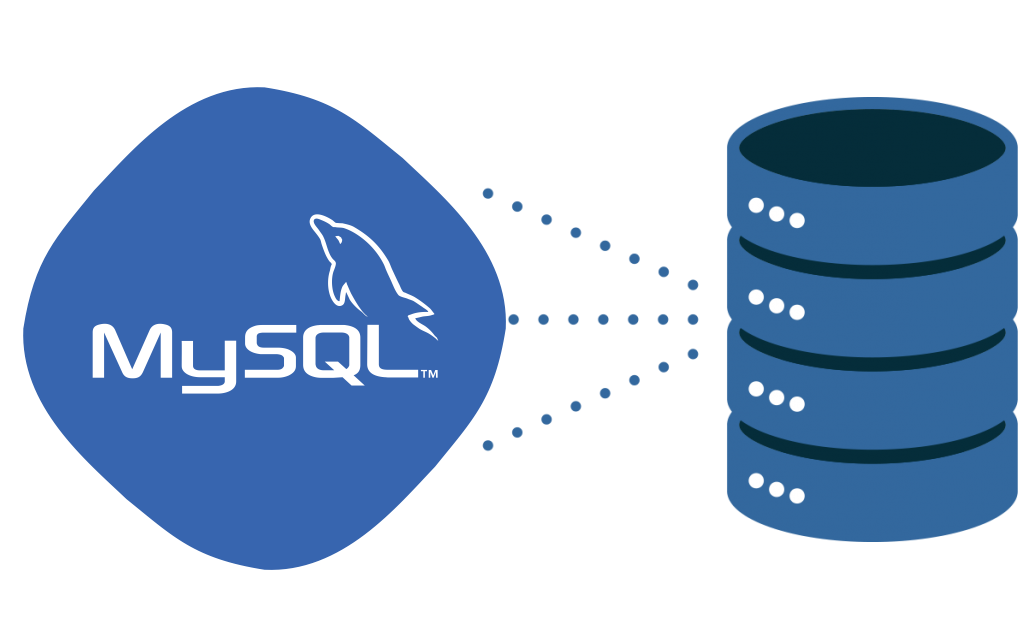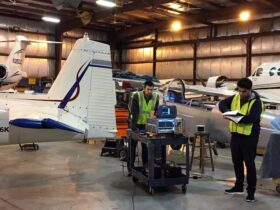In the dynamic landscape of global markets, augmented reality (ar) is emerging as a transformative tool, offering innovative ways to visualize complex market data and trends. Azerbaijan, with its rapidly developing economy and increasing embrace of digital technologies, is at the forefront of adopting ar for market analysis and visualization. This blog post explores the groundbreaking application of ar in azerbaijan’s market sectors, focusing on its benefits, challenges, and potential to redefine how professionals and consumers interact with market information.
The advent of ar in azerbaijan’s market analysis
Azerbaijan’s economy, characterized by its significant oil and gas sector, burgeoning tourism industry, and growing tech scene, presents a unique canvas for the application of ar technology. By overlaying digital information onto the real world, ar offers users an immersive and interactive way to engage with market data, from real-time stock information to predictive analytics in various sectors.
Transforming real estate with ar visualization
One of the most notable applications of ar in azerbaijan is in the real estate sector. Ar apps allow potential buyers to visualize properties in 3d, explore modifications, and understand spatial relationships without physically being on site. This technology not only enriches the buying experience but also aids developers and investors in assessing property values and market potentials with a level of detail previously unattainable.
Enhancing retail with interactive ar experiences
The retail sector in azerbaijan is leveraging ar to create interactive shopping experiences, both in-store and online. Ar apps enable customers to try products virtually, from clothing to home furnishings, significantly enhancing decision-making confidence. This immersive interaction not only boosts consumer engagement but also provides retailers with valuable insights into consumer preferences and behavior, driving personalized marketing strategies.
Ar in tourism: a new dimension of exploration
Tourism, a vital part of azerbaijan’s economy, benefits immensely from ar technologies. Interactive ar guides offer tourists enriched experiences by superimposing historical facts, architectural details, and cultural stories onto live views of landmarks and landscapes. This not only elevates the tourist experience but also opens new avenues for promoting azerbaijan’s heritage, potentially increasing tourist inflow and spending.
Challenges and future directions
Despite its promising applications, the adoption of ar in azerbaijan faces challenges, including technological infrastructure requirements, digital literacy, and privacy concerns. Addressing these challenges requires concerted efforts from the government, private sector, and educational institutions to invest in technology, raise awareness, and establish regulatory frameworks.
Looking forward, the potential for ar in azerbaijan extends beyond current applications. Industries such as education, healthcare, and manufacturing stand to benefit from ar’s immersive training simulations, diagnostic visualizations, and production optimizations, respectively. As ar technology evolves, its integration into azerbaijan’s digital transformation strategy could catalyze significant economic and social advancements.
Conclusion
Augmented reality is redefining market visualization in azerbaijan, offering immersive, interactive ways to engage with complex data across sectors. From transforming real estate and retail to enriching tourism experiences, ar’s potential is vast. However, realizing this potential fully requires overcoming technological and societal challenges. As azerbaijan navigates these hurdles, the strategic application of ar technology could play a pivotal role in its economic development, positioning the country as a leader in digital innovation in the region and beyond.










Leave a Reply